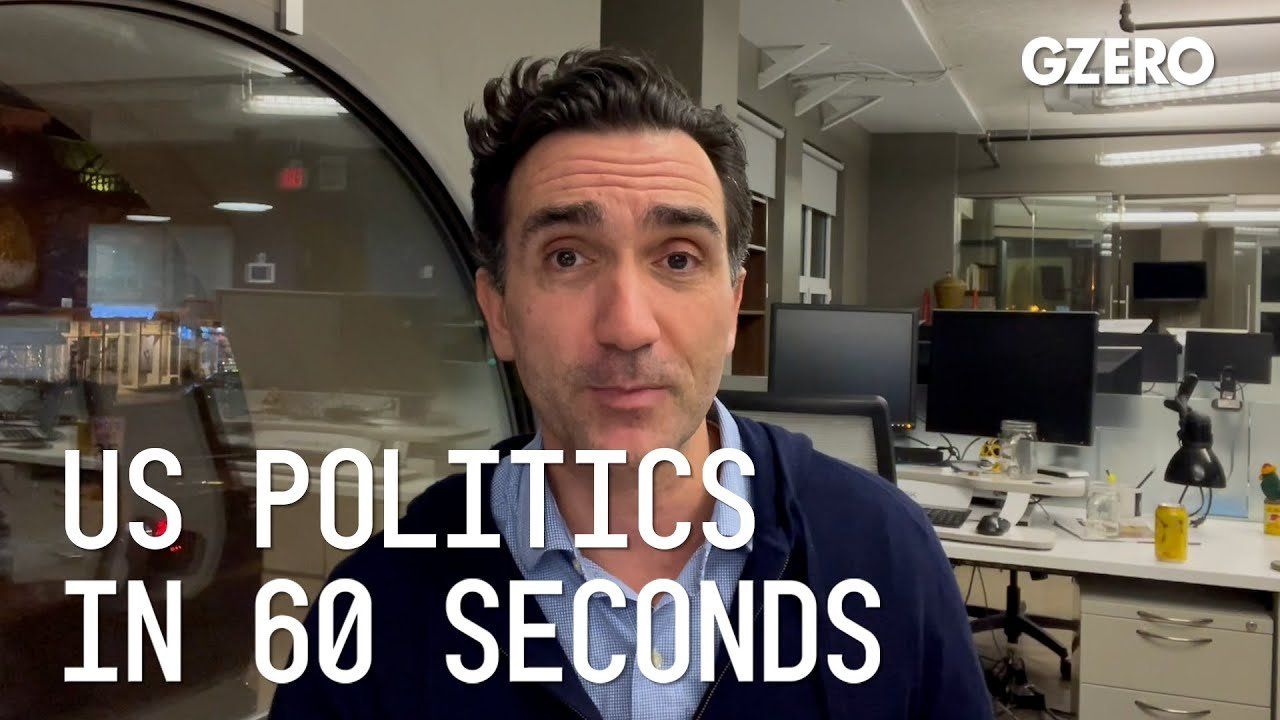Nikki Haley's in, but GOP primary remains Trump/DeSantis showdown

Jon Lieber, head of Eurasia Group's coverage of political and policy developments in Washington, DC shares his perspective on US politics:
How does Nikki Haley's campaign affect the state of the 2024 race?
Nikki Haley, the former South Carolina governor and UN Ambassador under the Trump administration, announced her 2024 presidential campaign this week, becoming the first Republican to challenge former President Donald Trump. Haley said in 2021 that she would not run for president if Trump were to do so, a comment that has already drawn flak from the former president, but her shift in approach reflects how far Trump has fallen within the GOP over the last two years. Trump has looked much weaker in 2022 than he did in 2021, and weaker still since his candidates largely flopped in the midterm elections last November. The announcement of his presidential bid soon after drew big headlines for a day before being largely forgotten, and he had difficulty consolidating support ahead of his first campaign event in South Carolina last month.
He does lead multi-candidate polls in a hypothetical 2024 GOP primary, but he's consistently lost head-to-head polls against Florida Governor Ron DeSantis, who right now looks like the person to beat. DeSantis is widely expected to announce a presidential bid this spring, and Haley's announcement could help him in the short term by drawing Trump's ire to another target. However, the Trump/DeSantis showdown is shaping up to be the central conflict of the 2024 GOP primary with both men already having taken verbal swipes at each other. Given the heightened focus on the two men, Haley is likely hoping to position herself either as a vice presidential candidate or to stay in the race long enough for Trump and/or DeSantis to flame out. She will not be the last person to consider this strategy as other governors, including Brian Kemp, Glenn Youngkin, Greg Abbott, and Chris Sununu could also test out the waters later this year.
Former VP Mike Pence could also get in, meaning that this could shape up to be a very competitive primary, with candidates designed to appeal to a different slice of the Republican electorate. Trump maintains a base of diehard supporters, DeSantis is trying to position himself as the post-Trump populist, Pence appeals to evangelicals, and Haley hopes to win over establishment Reagan Republicans with a pro-business focus and a strong foreign policy stance, and a promise of a more stable political environment.
Less of a question today is who these Republicans would face in the general election. President Biden is looking very likely to run, and he is unlikely to face a primary challenger if he does. Biden's biggest challenges will be the state of the economy and his age. Which could become a major issue if Republicans nominate someone much younger. Political scientists have found that there is a penalty for older politicians that grows with their age, which may not seem obvious, given in the US, given the advanced age of many of our political leaders, but does hold generally around the globe.